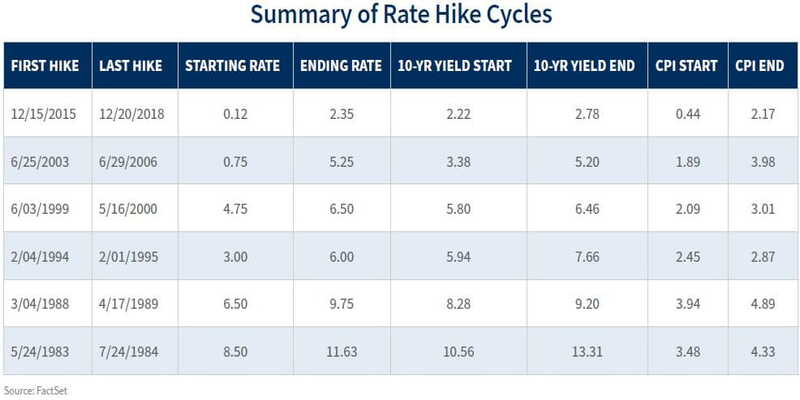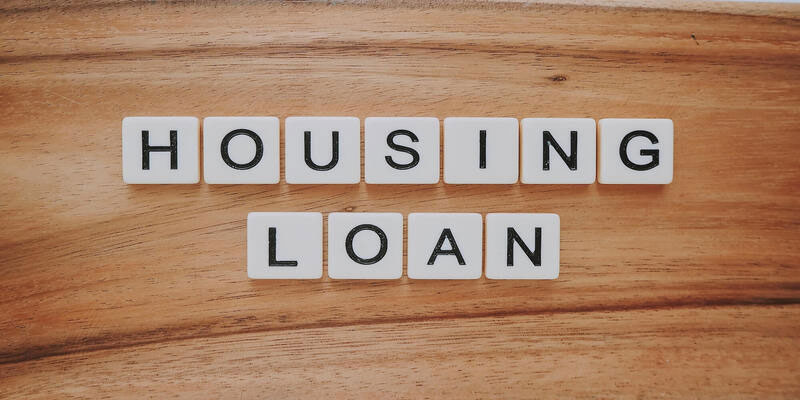The Fed, which stands for the Federal Reserve, is the central bank of the United States. It is a vital part of how money is managed in the country. The federal funds rate is the interest rate at which banks lend money to each other overnight. The Fed can change this rate. This is one of its most valuable tools. When the Fed raises interest rates, it usually does so to slow down economic growth and keep inflation under control. A Fed interest rate hike can significantly impact investors because it can change the economy and financial markets as a whole. For example, when interest rates go up, businesses and consumers usually have to pay more to borrow money, which can cut business profits and slow down consumer spending. This can slow the economy's growth and decrease stock prices.
Effects On The Profits Of Businesses
The effect on corporate earnings is one of the most important effects of a Fed rate hike. When interest rates go up, businesses often have to pay more to borrow money. This can increase costs for businesses, which can cut their profits. Companies may have to spend more money to run their businesses or pay higher interest rates on debt they already have, which can lower their earnings per share. This could cause companies' stock prices to drop, making investors lose money if they own those stocks.
Spending By Consumers
Changes in interest rates also affect how much people spend. Consumers tend to pay more to borrow money when interest rates go up. For example, if the interest rates on credit cards or home loans increase, consumers may have to pay more interest charges. This could make people spend less because they have less money to spend. Spending less can hurt business profits and slow down economic growth.
Bond Yields

When interest rates go up, bonds can become more appealing to investors. When the Fed raises interest rates, the return on bonds that have been issued increases. This is because the bond's interest rate is set when issued and doesn't change during its life. So, investors who buy these bonds at a higher interest rate will get a higher return on their money. This can make bonds more appealing to investors who want a stable source of income. As investors move their money from stocks to bonds, the supply-demand goes down, which can cause stock prices to go down.
Real Estate
Changes in interest rates also affect the real estate market. When interest rates go up, mortgage rates usually go up, too. This can make it harder for people to get a mortgage and may cause fewer people to want to buy a home. When demand goes down, home prices can decrease, hurting real estate investments. But investors who own real estate investment trusts can make more money when interest rates go up (REITs). REITs are companies that own and manage a real estate that brings in money. They tend to do well when rental income and property values go up.
Currency And Investments In Other Countries
The value of the U.S. dollar compared to other currencies can also change when interest rates go up. Foreign investors will likely want to buy U.S. dollar investments when the Fed raises interest rates. This can cause a lot of money to flow into the U.S. economy, boosting demand for the U.S. dollar and increasing its value. A stronger U.S. dollar can make it more expensive for U.S. companies to sell their goods abroad and lower the value of U.S. investors' investments in other countries.
Investment Strategies

How a Fed rate hike affects individual investors depends on how they invest and their goals. When interest rates go up, some investors may decide to put their money into bonds or other fixed-income investments, while others may choose to set their money into stocks, which tend to do well when interest rates go up. If interest rates go up, investors whose stocks are in companies with solid earnings and cash flow may be able to handle it better than those whose stocks are in companies with weaker financials.
Conclusion
A Fed interest rate hike can significantly affect investors, affecting everything from the cost of borrowing money to the return on investments. When interest rates go up, it can affect how much money companies make, consumers spend, bond yields, real estate, currency and international investments, and how people choose to invest their money. Rising interest rates can make fixed-income investments more appealing but can also cause stock prices to fall and economic growth to slow down. Investors need to think carefully about their investment goals and strategies and determine how a rise in interest rates could affect their portfolios. By knowing what might happen when the Fed raises interest rates, investors can be better prepared to make money in any economy. Also, getting advice from a financial advisor can help investors navigate the complicated world of monetary policy and make intelligent investment decisions.



